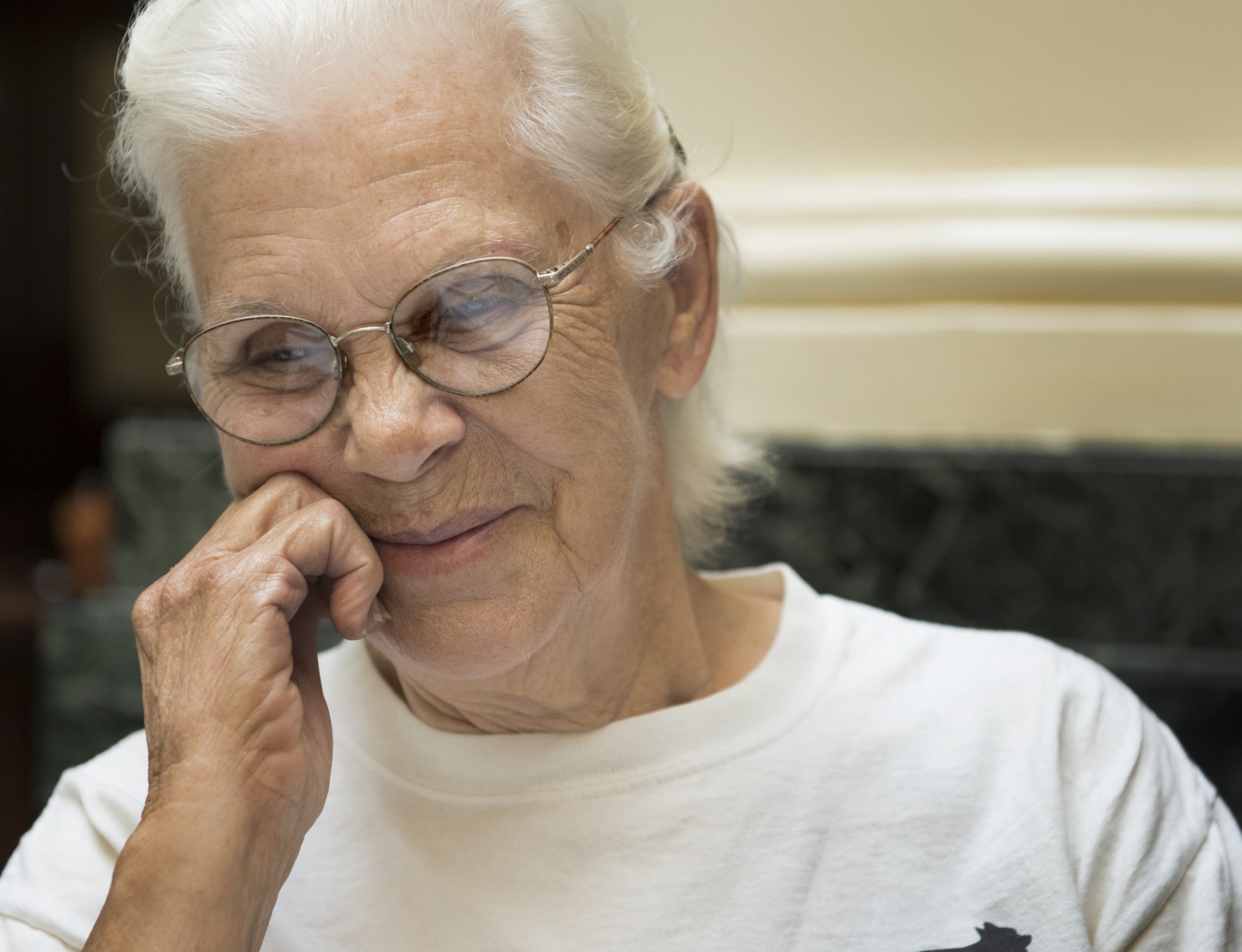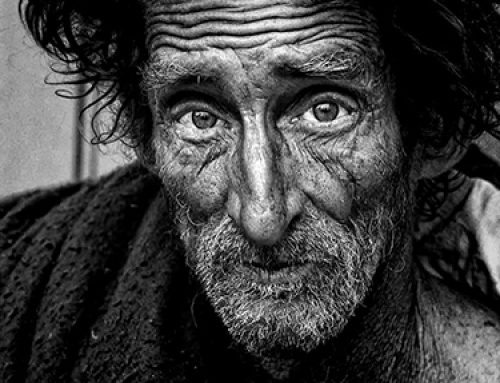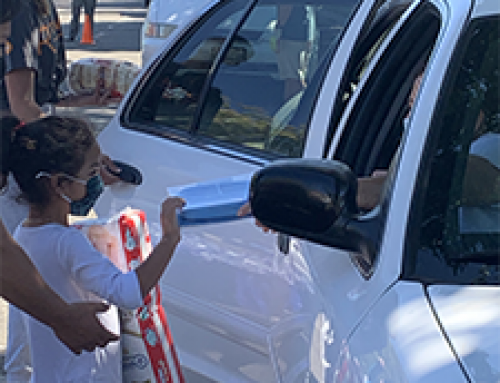On August 22 and 23, 2016, the Washington Post reported about 80-year old Wanda Witter. Ms. Witter was formerly a machinist in New York who manufactured turbine and engine parts. After she lost her job at Ingersoll Rand, she moved in with her daughter in Colorado, and began to plan her next career move. She enrolled in community college and eventually got her degree, and then her paralegal certificate.
In 1999, Ms. Witter made the brave decision to move to Washington D.C. to find work as a paralegal. She figured with all of the attorneys there, it would be easier for her to find work. But at age 63, she struggled to find a permanent job. She found odd jobs stuffing envelopes and temporary office work to try to make ends meet.
In 2006, she started to draw Social Security. But when she received her first few checks, she noticed that something was wrong. The checks were sent in inconsistent amounts, and the dollar amount was too low. She tried to explain to the Social Security Administration (“SSA”) that the amount of the checks was too low, but nobody would listen to her.
Finally, seeing no other choice, she wrote “void” on her checks and returned them to the SSA. She figured that if she deposited the checks, the SSA would consider the issue resolved and wouldn’t try to correct the problem. She continued to argue with the SSA, but no one would take her seriously. She soon ran out of money and found herself on the streets, where she lived for the past 10 years.
Ms. Witter never gave up hope, even in the face of massive bureaucratic resistance and homelessness. Some of the SSA employees even called her the “crazy lady” and sent her to mental counselors. After fighting what seemed like an endless battle and spending her 70s on the street, this year the SSA finally acknowledged that she was right, and that it now owes her nearly $150,000. Ms. Witter has received her first check, for $99,999, and is now living in an apartment.
Ms. Witter’s story illustrates how easy it is to become homeless, and how it could really happen to anyone. Her determination and courage inspire us to do better to help take care of the homeless population around us.







Leave A Comment
You must be logged in to post a comment.